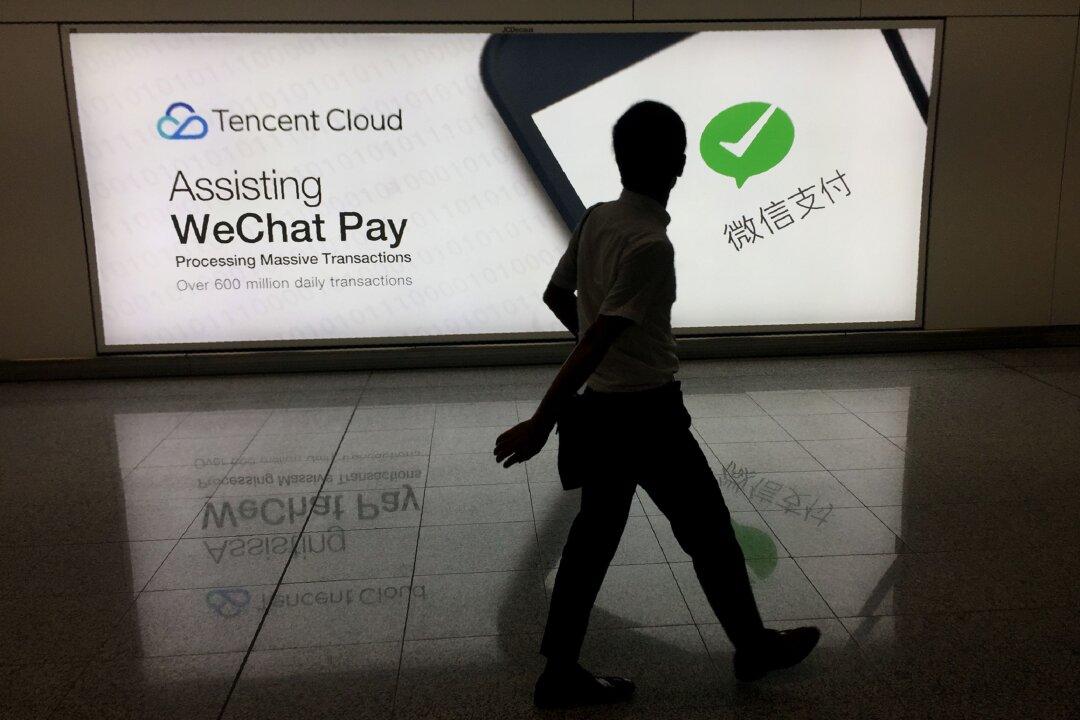This article is part of a series on corporate surveillance highlighting civil liberty, privacy, cybersecurity, safety, and tech-product user exploitation threats associated with connected products that are supported by the Android (Google) OS, Apple iOS, and Microsoft Windows OS, smartphones and their harmful effects.
In my last article (No.5) in this series, “Smartphone Surveillance and Data-Mining: Who is Protecting Us?” I noted many news stories that highlight negligent, abusive and misuse of a person’s personal and professional information (also known as “digital DNA”) by companies such as Google, Apple, Facebook, Verizon, FitBit and other telecom and tech giants.





